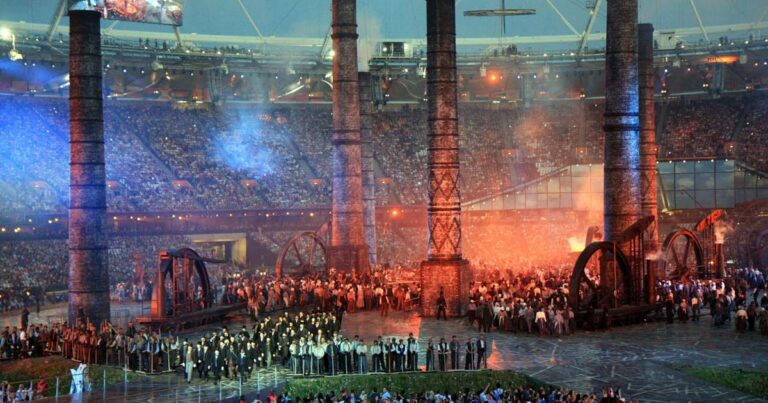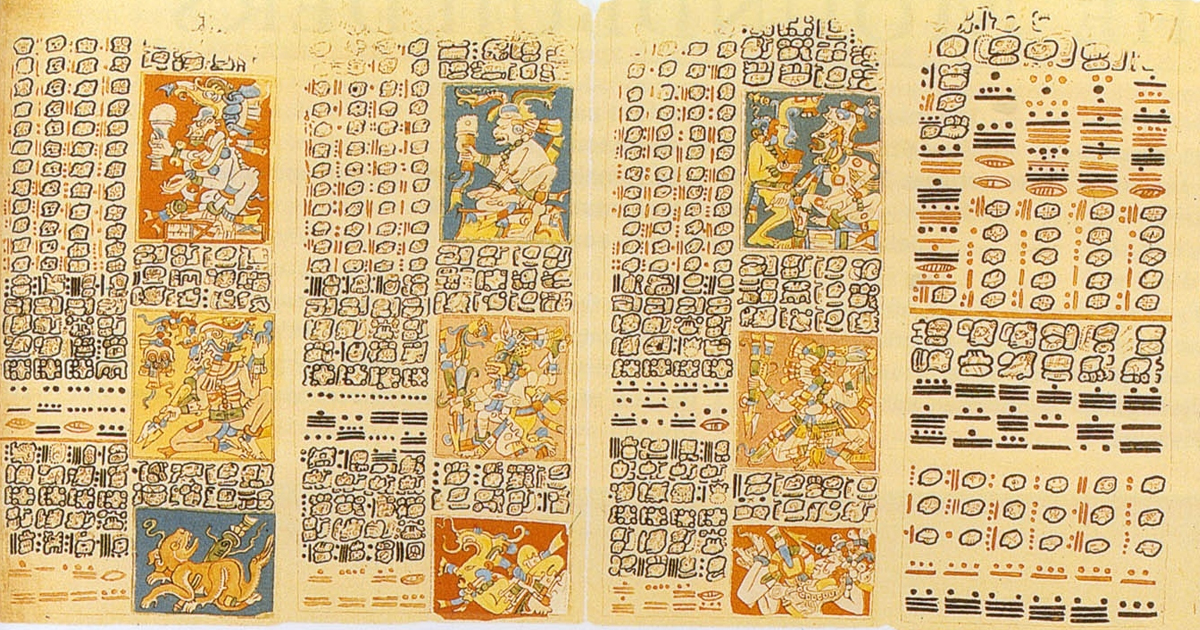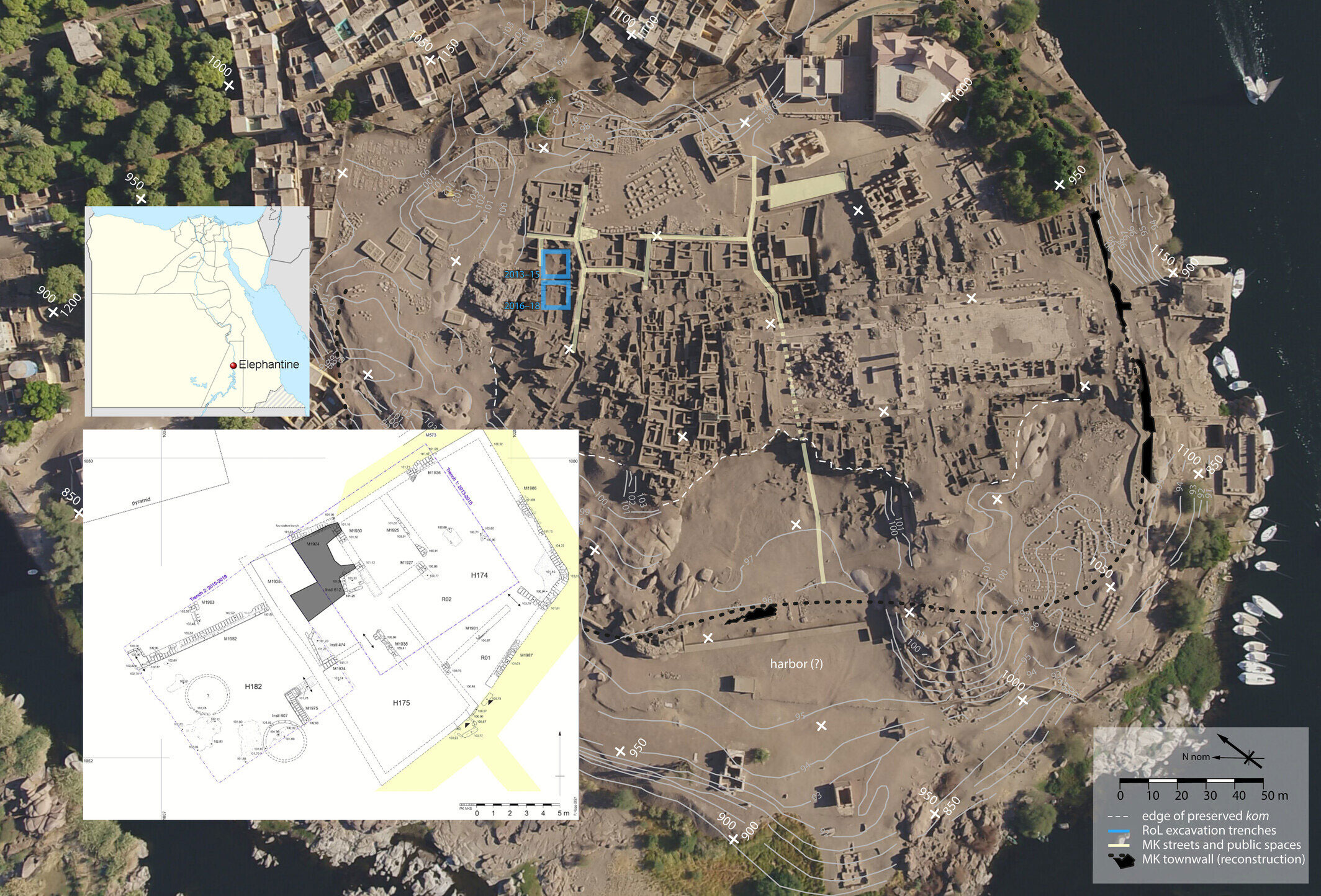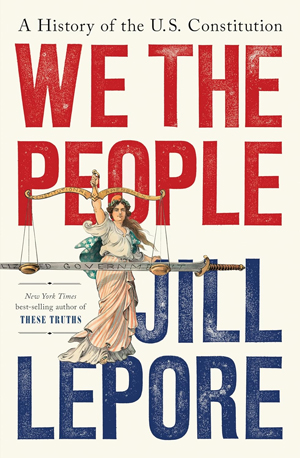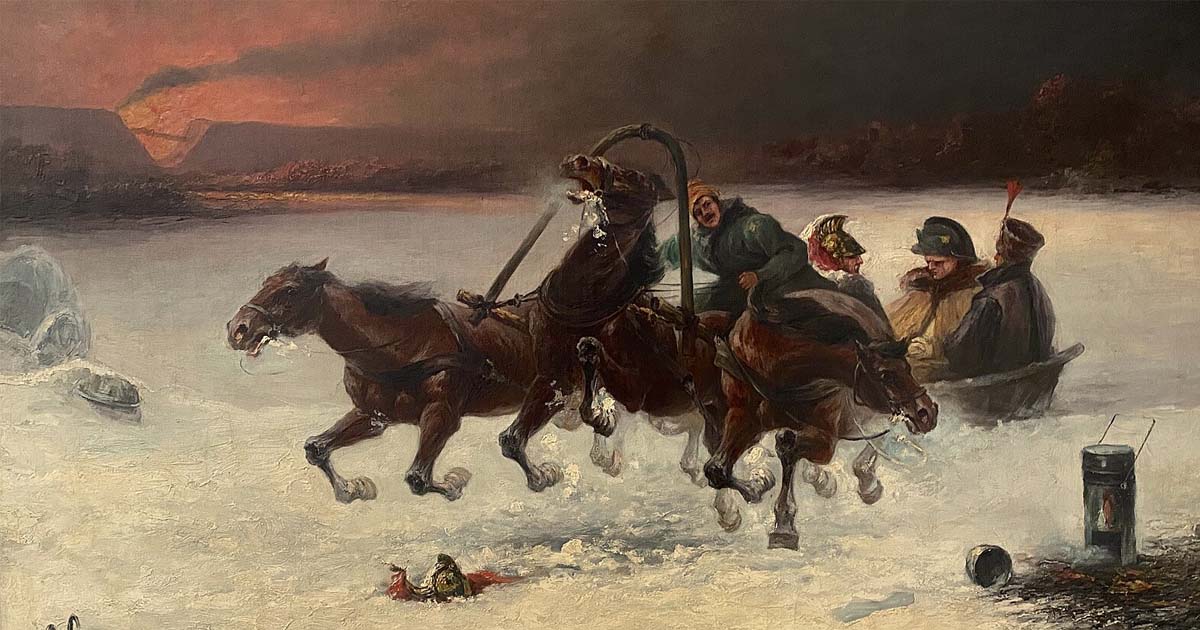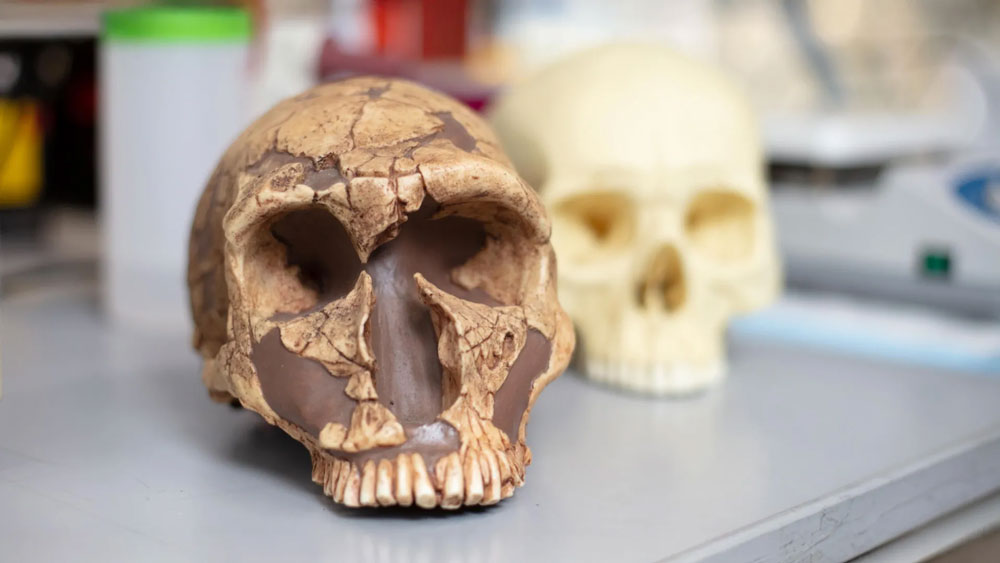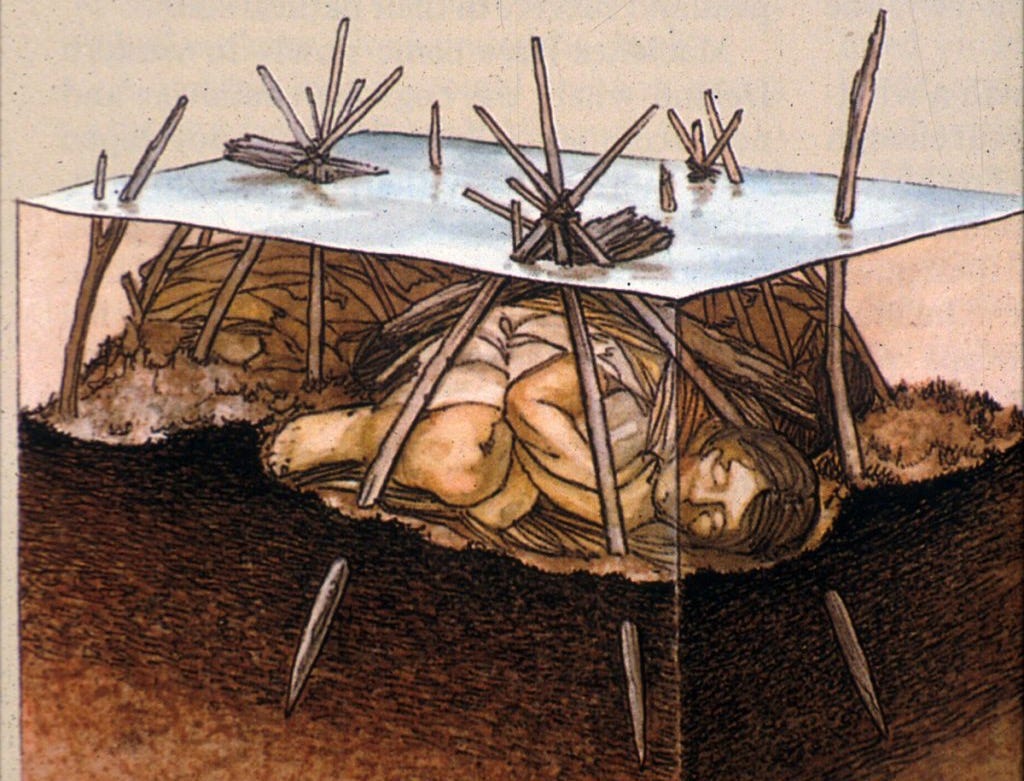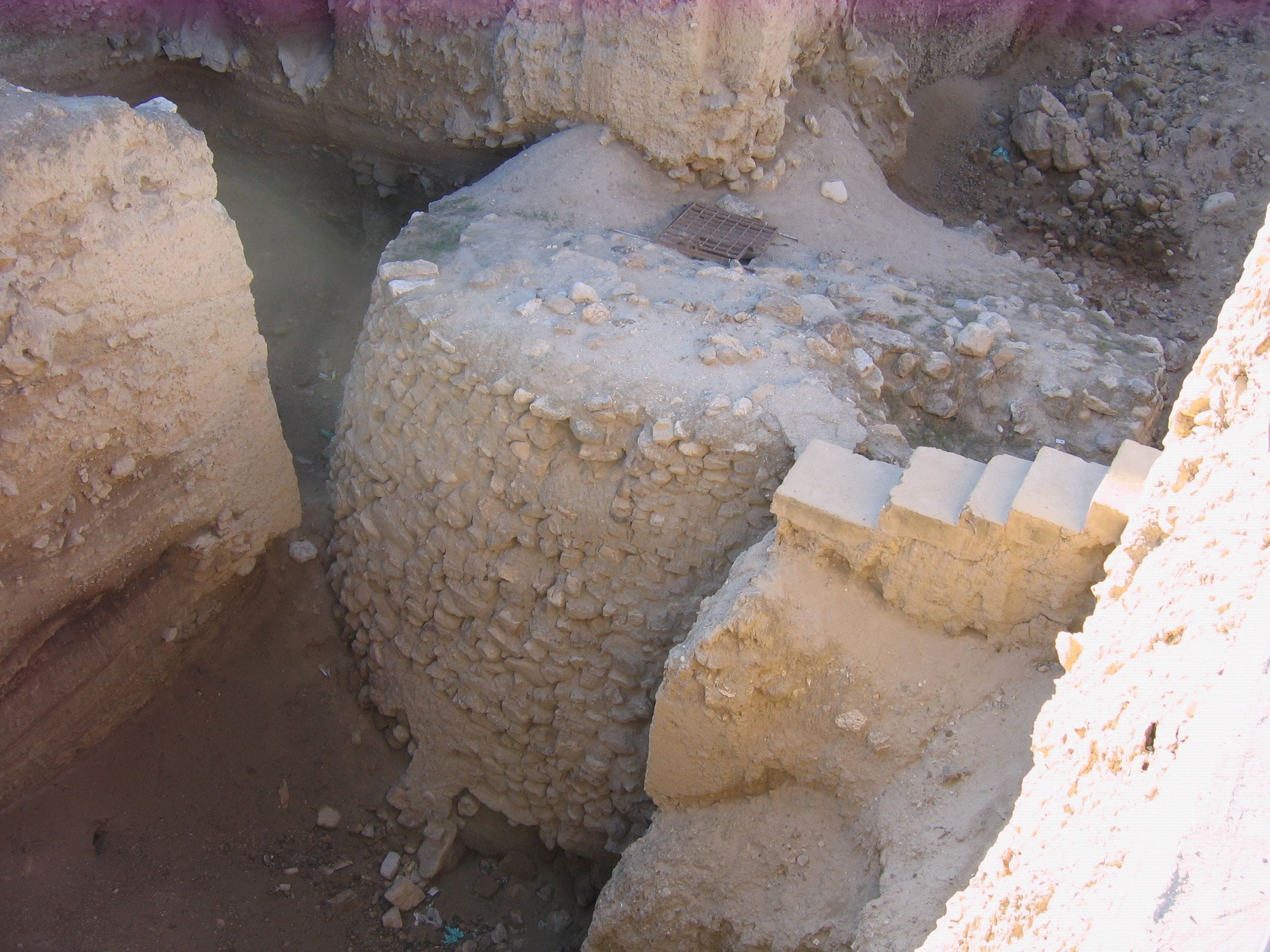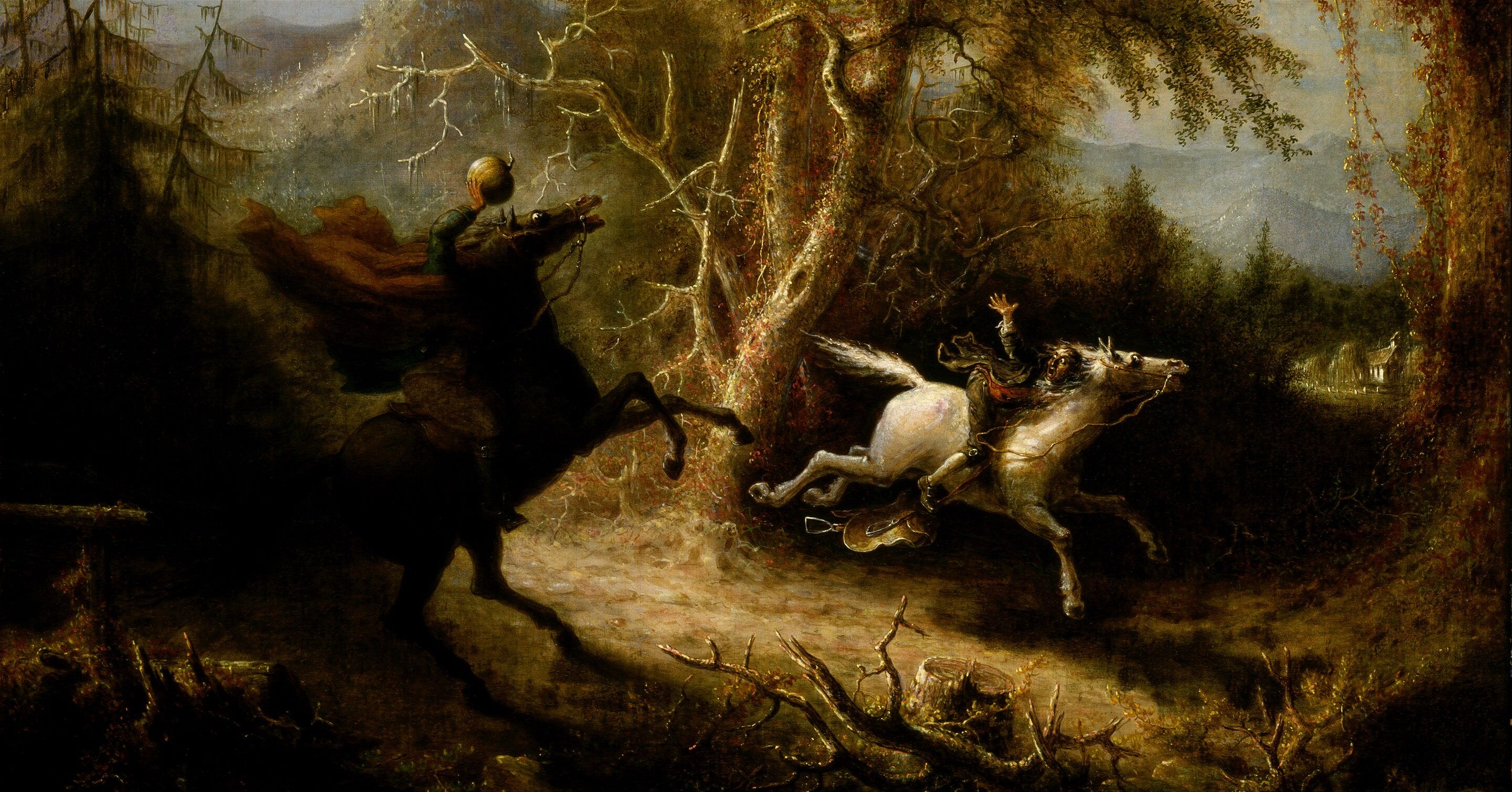Imagine a world where daily life was marked by the clink of a blacksmith’s hammer and the rustle of horse-drawn carts. This was the reality for much of humanity before the late 18th century. Villages relied on farming to survive and most people lived off the land with just enough to get by. The artisan’s workshop was the heart of craftsmanship where each item—whether a hand-forged iron nail or a delicately woven piece of cloth—bore the signature of personal touch and skill. Life was local, slow and connected to the rhythms of nature.
Beneath this tranquil surface, though, something remarkable was brewing. Contrary to the traditional timeline, new evidence reveals that Britain was already setting the stage for industrial change long before the 18th century. By the 1600s, the landscape was changing: the number of artisans increased, and manufacturing was taking root in the British countryside. This early drive towards industrialization, marked by the growth of local weavers and metalworkers, laid the foundations of the new era that was to come.
Then, in the late 18th century, a whirlwind of transformation began to sweep across Britain. This period, known as the Industrial Revolution, unfolded a drastic makeover in society that forever reshaped human life – paving the way for machinery, innovation and AI.
Enter The Industrial Age
The Industrial Revolution wasn’t a sudden change but rather the final stage of many smaller changes that had been happening for years. The invention of the steam engine was a breakthrough that symbolized this leap from manual labor to machine-driven efficiency. The steam engine powered factories, transforming industries and enabling mass production that increased output at an increasing rate. This was more than a new way to work; it was a new way to think, stretching the boundaries of what was possible.
By the early 19th century, the Industrial Revolution was in full swing. Factories and steam engines roared to life in Britain, their clatter filling the air as machinery took over tasks once done by hand. The rise of factory production marked the beginning of a new era of industrial might. The artisan’s role, once central to production, became overshadowed by the efficiency of mechanized production. This process allowed for the mass production of goods and made products more affordable all at once.
As the revolution gained momentum, its impact spread beyond Britain. Other parts of Europe and the United States began to industrialize, adopting new technologies and production methods. This led to rapid urbanization as people flocked to cities in search of work. However, this urban influx also brought newfound challenges. Cities became crowded, living conditions worsened and stark social inequalities emerged. Factories, while symbols of progress, also became sites of harsh labor conditions with long hours, low wages and dangerous environments becoming too common
Rise of the Machines… and Minds
Despite these challenges, the Industrial Revolution ignited a wave of movements that sought to reshape society. Labor unions emerged as a powerful force as they advocated for fair wages, safer working conditions and reasonable hours. These unions were forged from the harsh realities of factory life where long miserable hours and dangerous environments were the norm. The tireless efforts of these unions brought about significant changes, improving the lives of workers at a gradual process and setting the stage for future advancements in labor rights.
Social reformers also played a crucial role during this period, shining a light on the stark inequalities that had emerged in rapid-growing urban centers. The reformers fought for better housing, sanitation and education, recognizing that industrial progress could not come at the expense of human dignity. These reformers laid the groundwork for the modern social safety nets we see today, ensuring that the march of progress was accompanied by a sense of social responsibility.
As the 19th century progressed, the effects of the Industrial Revolution continued to unfold in ways that would have been seen as unimaginable to those people who had lived through it. You see, the steam engines that once powered factories eventually gave birth to an era of incredible technological advancements. Innovations that arose from the age of steam engines soon paved the way for the birth of the digital age—a new era where information flows with free range as steam once did. The principles of efficiency and mechanization that fueled the rise of factories have become the backbone of modern high-tech manufacturing. Fast forward to today in 2024: robotics, artificial intelligence and automation are the cutting-edge frontiers that continue the legacy of progress that first began with the steam engine.
The story doesn’t end there, though. For as we move into 2024 and beyond, artificial intelligence stands as the next great leap in this continuum of progress.
A Future With Artificial Intelligence
Just as the steam engine once redefined the limits of human capability, AI is now poised to do the same. It’s not just about machines taking over manual tasks; it’s about machines thinking, learning and even evolving. The rise of AI represents more than a technological shift—it’s a philosophical one. It forces us to reconsider what it means to be human, to create and to work. As AI begins to shape industries and daily life, we’re standing at the edge of a new revolution, one where the very concept of intelligence is being redefined. The questions we face now echo those of the past: How will this technology change us? What new challenges will emerge? Most of all… how can we ensure that the progress AI brings is balanced with the ethical and social responsibilities that come with it? As we make our first step on this new epoch, let us embrace the possibilities with both curiosity and caution, striving to harness AI’s potential to enrich our lives while guiding its development tempered with wisdom and dignity.
Industrial Impacts on Our Planet
The Industrial Revolution changed our relationship with the environment in a drastic manner, catalyzing both significant advancements and severe side effects. Rapid industrial growth combined with corporate expansion and wild politics has led to increased pollution, resource abuse and environmental degradation.The rise of factories and the extensive use of fossil fuels during the Industrial Revolution led to significant increases in air and water pollution, while the exploitation of natural resources often disregarded the delicate balance of ecosystems. This legacy has spurred a growing awareness of the need for sustainable development.
At present time, we are more attuned to the importance of maintaining our environment more than ever before. Recognizing the necessity of conserving resources and protecting biodiversity. By embracing sustainable innovations and integrating environmental stewardship into our advancements, humanity can work towards a future where progress and planetary health go hand in hand. With persistent effort and a commitment to responsible practices, there is hope for a future where humanity and the natural environment can thrive together.

Today, the influence of the Industrial Revolution is evident in countless aspects of our daily lives. The convenience of modern transportation, the efficiency of mass-produced goods and the connectivity of global communication networks all stem from innovations that began over two centuries ago. The revolution ignited a chain reaction of progress that transformed our world, making it more interconnected and technologically advanced than ever before. We now have access to tech and gear that people in bygone eras would be jealous of! Such as the ability to call one another through different time zones with a tap of a button as we lay on our couches.
So as we reflect on the legacy of the Industrial Revolution, it is important to remember that progress comes with responsibility. The same spirit of innovation that propelled the industrial era holds the potential to address the challenges we face today. By learning from the past, we can create a future that is both prosperous and sustainable.
The Industrial Revolution was more than just a historical event. It was a transformative period in time that reshaped human potential and set the stage for the modern world. Its impact is woven into the fabric of our daily lives, influencing everything from how we work to how we interact with the world around us. As we set our gaze towards the future, we must remember the lessons of the past.. including the importance of human rights and labor rights. The advancements we achieve should build on the foundations of fairness and dignity for all. Furthermore, we must embrace environmental responsibility in order to ensure that our techno-societal progress does not come at the expense of our planet.
As we navigate the complexities of modern technology (particularly the rise of AI) it is crucial to foster its development with careful direction and ethical considerations. AI has the potential to enhance our lives, but it must be guided by principles that reflect our shared human values as we preserve our collective well-being.
The Industrial Revolution stands as a monument to human ingenuity and the constant pursuit of progress. It reminds us that even in the face of challenges, there’s always potential for transformation and growth. As we continue to build on the foundations laid by this remarkable era, let us draw inspiration from the spirit of innovation that defined it. By integrating respect for human rights, dedication to labor fairness, environmental stewardship and ethical AI development, humanity can forge a path towards a future that reflects the best of our collective aspirations.
Together, we as humans can face the uncertainties of tomorrow with optimism. We can face the future with a commitment to creating a world that benefits all of humanity and the world we live in.
Top Image: Re-enactment of the Industrial Revolution at the 2012 London Olympics. Source: CC BY 2.0
References:
- Lewsey, Fred. “‘Nation of Makers’: Britain Industrialised over a Century Earlier than History Books Claim.” University of Cambridge, 5 Apr. 2024, www.cam.ac.uk/stories/nation-of-makers-industrial-britain.
- Pringle, Kenneth G. “AI Will Create—and Destroy—Jobs. History Offers a Lesson.” Barron’s, 27 Nov. 2023, www.barrons.com/articles/ai-history-lessons-jobs-destroyed-created-cdcd0d71.
- Grant, Charley. “AI Is Driving ‘the Next Industrial Revolution.’ Wall Street Is Cashing In.” The Wall Street Journal, 27 May 2024, www.wsj.com/finance/stocks/ai-is-driving-the-next-industrial-revolution-wall-street-is-cashing-in-8cc1b28f.
- Little, Becky. “How Early Signs of Climate Change Date Back to the Industrial Revolution.” History, 18 Apr. 2023, www.history.com/news/industrial-revolution-climate-change.

